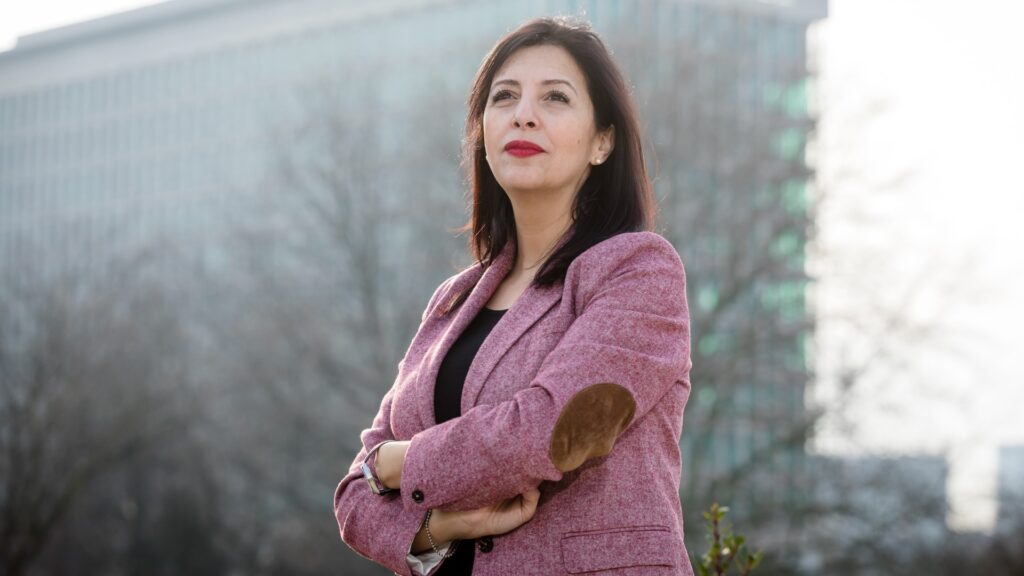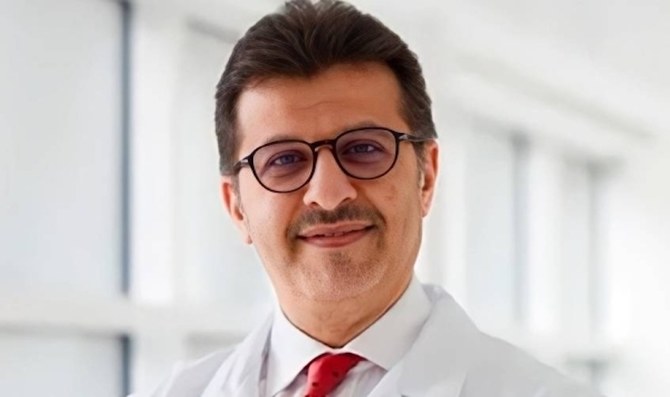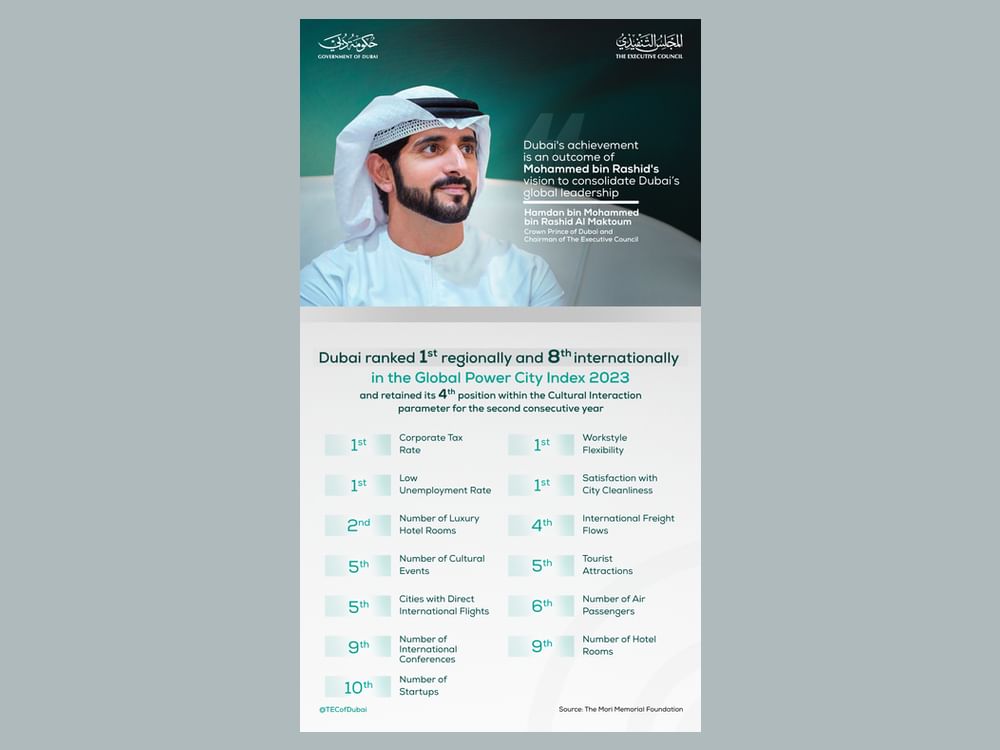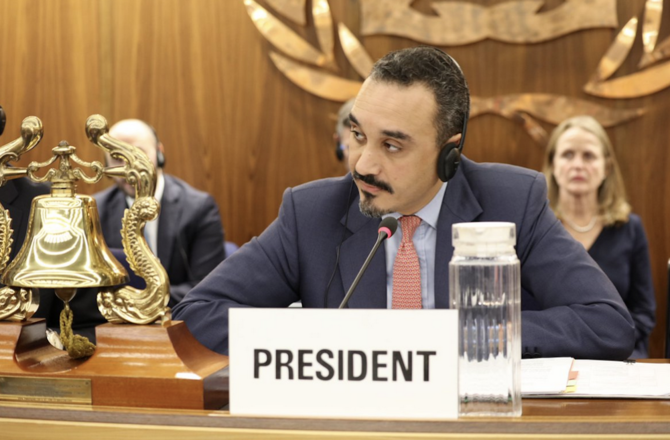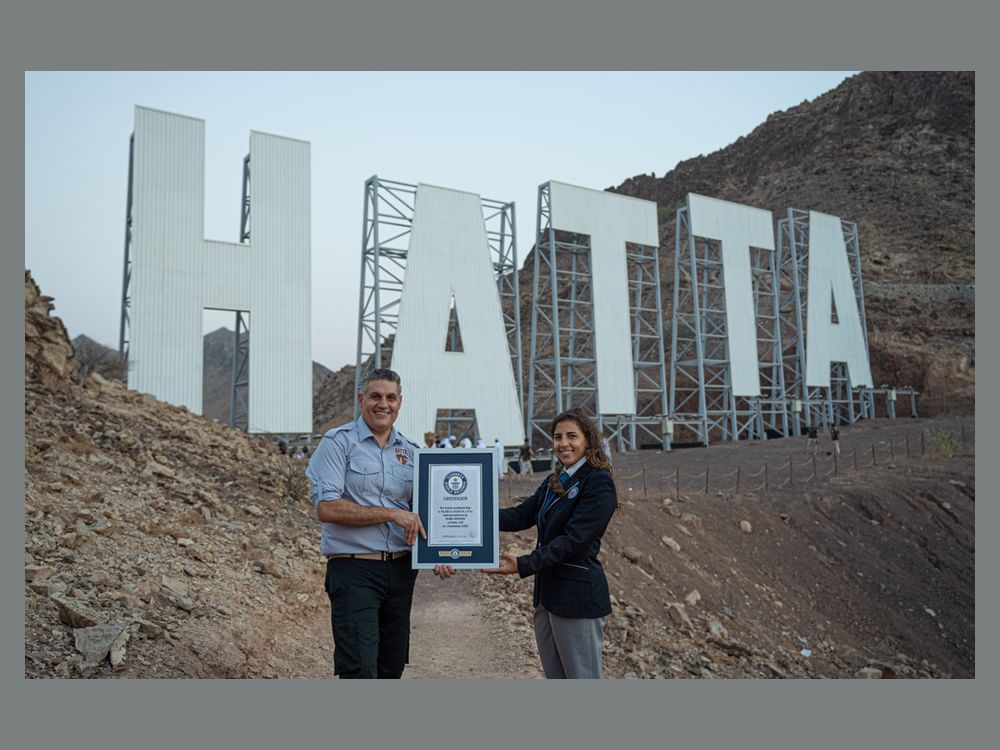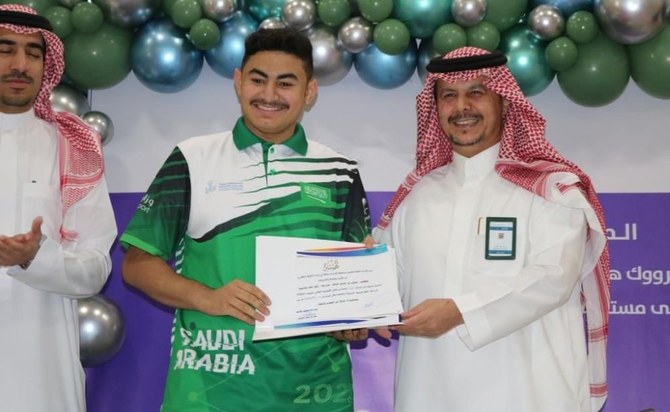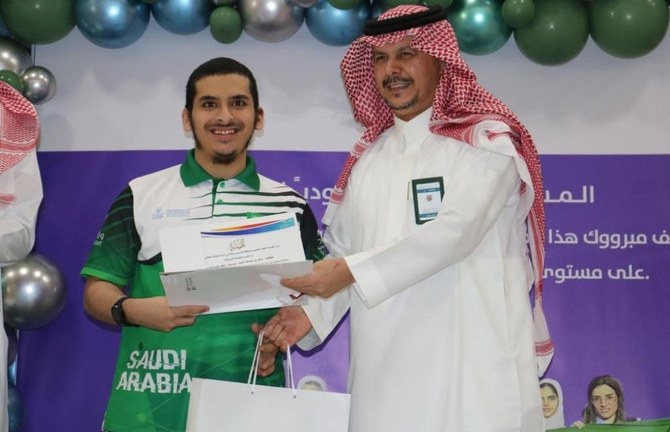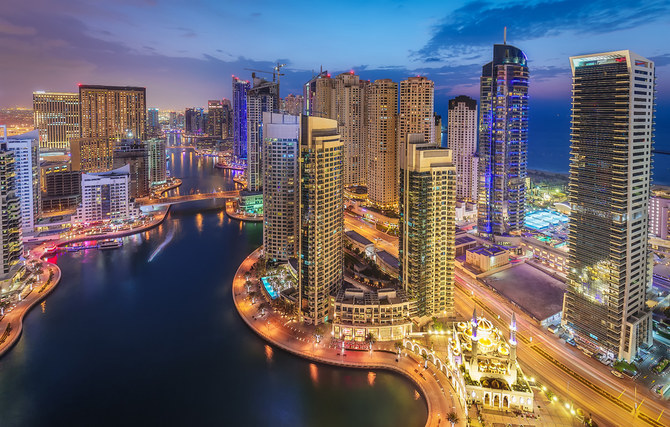On the opening day of the World Radiocommunication Conference (WRC23) held in Dubai, Eng. Mohammed Al Ramsi was appointed as the Chairman of the Conference. This decision underscores the prominent global position of the UAE, particularly in the ICT sector – a pivotal force driving development across diverse domains. It further attests to the proficiency and capability of the Emiratis in steering and presiding over major international forums and events.
This appointment marks the fulfillment of a decision made by the WRC during its previous session in Sharm El Sheikh, Egypt, in 2019. The decision involved hosting the UAE for WRC-23, recognised as one of the foremost global gatherings in the telecommunications sector, with a particular focus on radiocommunications. At that time, the conference also endorsed Eng. Mohammed Al Ramsi as a candidate for the chairmanship of the 39th session, which is presently taking place in the UAE.
Following the UAE’s successful bid to host the conference in 2019, Telecommunications and Digital Government Regulatory Authority (TDRA) initiated a comprehensive national plan in collaboration with various relevant government entities. This plan is built on two main pillars. The first pillar emphasises meticulous preparations to host the event at the highest standards, aligning with the country’s distinguished reputation and its history of successfully organising major international conferences. This approach aims to facilitate the mission of approximately 4,500 delegates representing 193 countries over the course of the four-week conference period.
The second pillar pertains to the preparations undertaken by Eng. Mohammed Al Ramsi, as a candidate for the chairmanship of the conference, with the aim of ensuring the success of this strategic mission. This pillar encompasses a series of global efforts and meetings geared towards achieving the conference’s objectives, particularly in updating the Radio Regulations. It involved conducting various tours to engage with groups representing different global regions under the International Telecommunication Union’s umbrella. Al Ramsi actively participated in negotiation and dialogues, fostering understanding and collaboration among countries and regional groups. The overarching goal is to establish consensus and understanding that will lead to successful decisions on matters related to radio frequencies and other pertinent issues during the ongoing conference sessions.
The nomination of Al Ramsi to chair the conference is rooted in his extensive history of accomplishments and responsibilities within the telecommunications sector. With over 20 years of experience, he has demonstrated expertise in network engineering, infrastructure and standards, central network planning, and the management of regulatory affairs. These cumulative experiences have culminated in his current role as the Deputy Director-General of TDRA.
Beyond his extensive telecommunications expertise, Al Ramsi possesses a well-rounded personality that has facilitated notable successes throughout his career. His global tours of various regions have seen him emerge as a unifying force, adept at fostering consensus on issues that may be points of contention among countries. With his skillful approach, he has achieved significant breakthroughs in the field, contributing to the ITU’s journey with unprecedented decisions, particularly amid the current global geopolitical circumstances.
The World Radiocommunication Conference (WRC) is one of the major event within the International Telecommunication Union (ITU), occurring every four years with the primary objective of revising the Radio Regulations – the international treaty governing the global use of spectrum. Each conference session marks the initiation of a new era, influencing subsequent developments, plans, and strategies in the fields of technology and digital transformation.
Al Ramsi commented on this appointment, saying, “The global consensus witnessed in the opening session, selecting an Emirati figure to chair one of the most significant and influential conferences in the international ICT sector, is a testament to the leading global position of the UAE. The swift approval of this appointment during the opening session further solidifies the UAE’s prominent position. Today, I feel a great responsibility dictated by my duty as an Emirati towards my country first, and towards the global responsibilities that result from this position.”
Al Ramsi added, “I derive my confidence in succeeding in this mission from the great support that I have received, and that every individual of this generous nation receives, which has made the people of the UAE demonstrate their presence with great merit in all international events and forums in which they have represented their country. Today, I affirm that being appointed to this position serves as a strong motivator for me to exert every conceivable effort in furthering the global mission of the UAE. This mission is encapsulated by “We the UAE 2031” vision and its pillars, positioning the UAE as a key advocate for international cooperation and an influential contributor to achieving global development goals for the benefit of humanity worldwide.”
The World Radiocommunication Conference is held in Dubai, UAE, from November 20th to December 15th 2023. Approximately 4,500 government officials from 193 countries, along with around 900 international organisations, universities, and companies worldwide, will be in attendance. The conference will host a series of sessions with the aim of achieving global consensus on radio communications and frequencies. The outcomes are anticipated to have far-reaching effects across sectors including manufacturing, space, health, education, and transportation.
This session of the WRC gains exceptional importance in light of the rapid changes in today’s world, particularly within the field of radical and emerging technologies that wield substantial influence in shaping the digital future and the evolution of smart cities. Numerous industrial strategies within the ICT products and technology depend on the outcomes of the conference, particularly in the establishment of globally endorsed regulations for radio frequencies.
As the host of this session, the UAE stands as the sole country globally to have hosted and chaired all conferences and events of the ITU, noting that this is the second occasion the UAE has chaired the WRC, with the initial instance occurring in 2012/
source/content: wam.ae (headline edited)
___________

___________________________________
UNITED ARAB EMIRATES (U.A.E)
